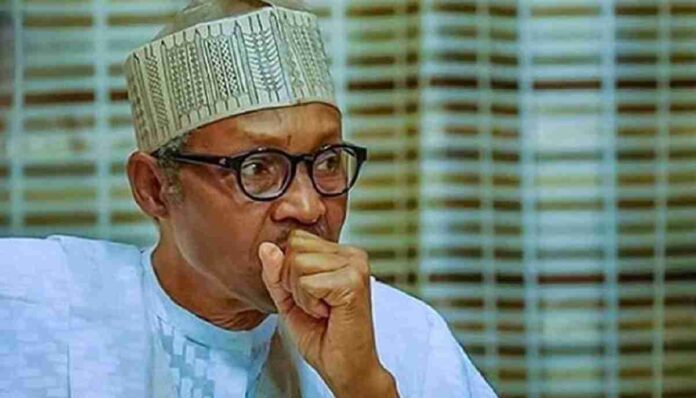Nigeria’s Oil Exports Value to Rise 24% to N22trn –Report
Nigeria’s budget deficit has been projected to narrow in the fiscal year due to an expectation of healthy income from hydrocarbon exports as well as higher income from oil and gas companies’ tax payments.
Amidst high global high prices, Nigeria’s oil export value is projected to inch upward by about 24% to N21.8 trillion in the fiscal year 2022, according to Fitch Solutions Macroeconomic report.
At the moment, action into Nigeria’s external reserves has not been impressive despite higher oil prices. Nigeria’s external reserve has continued to trail the $40 billion mark despite the Eurobond raise in the first quarter of the year.
Also, Nigeria has not been able to meet its production quota due to low investment in oil infrastructure, thus failing to leverage on the oil boom. In June, the Organisation of the Petroleum Exporting Countries (OPEC) report showed that Nigeria’s crude oil production increased to an average of 1.238 million barrels per day (bpd). READ: FG Gets Over 80% of FX Earnings from Oil, Gas Exports
In the macroeconomic report on Africa’s largest economy released by Fitch Solutions today, analysts are expecting Nigeria’s budget deficit to settle at 3% of the gross domestic product (GDP) in the year 2022.
It had forecasted Nigeria’s federal budget deficit at 2.7% of GDP. This would be the smallest deficit in six years, and would mark a significant shift from the government’s estimated deficit of 3.7% of GDP in 2021, the report stated.
Explaining revision to its initial forecast, Fitch Solutions analysts said they believe that higher energy prices will boost the government’s tax take from the crucial oil and gas sector. The firm predicts that the volume of Nigeria’s oil production will decline by 9.0% in 2022, saying this will be more than outweighed by the rise in global energy prices.
“We expect that Brent crude will average USD100 per barrel in 2022, up from just USD74.00 per barrel in 2021. We estimate that the value of Nigeria’s oil exports will jump by 23.7% in naira terms, rising to an all-time high of NGN21.8 trillion”, the report stated.
However, it noted that higher oil prices will also affect the expenditure side of the budget by forcing the government to increase its spending on domestic fuel subsidies.
“We still think that the higher price of oil will have a positive effect on the federal government’s overall budget position. This jump in oil revenue will allow the government to significantly increase spending in the lead-up to presidential elections scheduled for February 2023.
“We expect that federal expenditure will jump by 24.0% to an all-time high of N18.3 trillion as a result of increased spending by a variety of departments”, it explained.
Despite government claims that the budget will significantly boost capital expenditure, Fitch Solutions analysts think that spending will remain weighted towards recurrent expenditure, which will make up 56.0% of the total.
“We note that previous attempts to reorient federal spending towards capital projects have failed due to poor budget execution and bureaucratic inefficiencies”.
Over the long term, the firm said it expects that the budget deficit will remain around 3.0% of GDP.
While this is essentially in line with the 2.7% average GDP growth recorded between 2015 and 2019, GDP growth would be significantly larger than before President Muhammadu Buhari took power in 2015.
“We believe that the federal government adopted a higher-spending economic model that is unlikely to be fully rolled back, regardless of the Q1-2023 election result”.
The report said while spending will remain higher than it was in the pre-Buhari era, Fitch Solutions expects that the federal government will continue to struggle to raise the revenue needed to fund this spending.
Nigeria’s revenue-raising capacity is among the lowest of Africa’s major economies, according to the report. The report noted that raising collection levels to match those in other major African economies would require both significant institutional reform to boost the efficacy of the tax collection agency and a major cultural shift in a country, where individuals and firms have become accustomed to a very limited state.
“While such a shift is possible, we do not think that it is likely. None of the candidates for president from either main party have announced plans that would result in such a radical restructuring of Nigerian fiscal policy.
“Unless the federal government can significantly increase its revenue-raising capacity, the budget will remain in deficit and the government will continue to lack the resources necessary to make significant, economically transformative investments in the economy”.
Fitch Solutions analysts said they expect that Nigeria’s social and physical infrastructure will remain very poor over the coming year.












